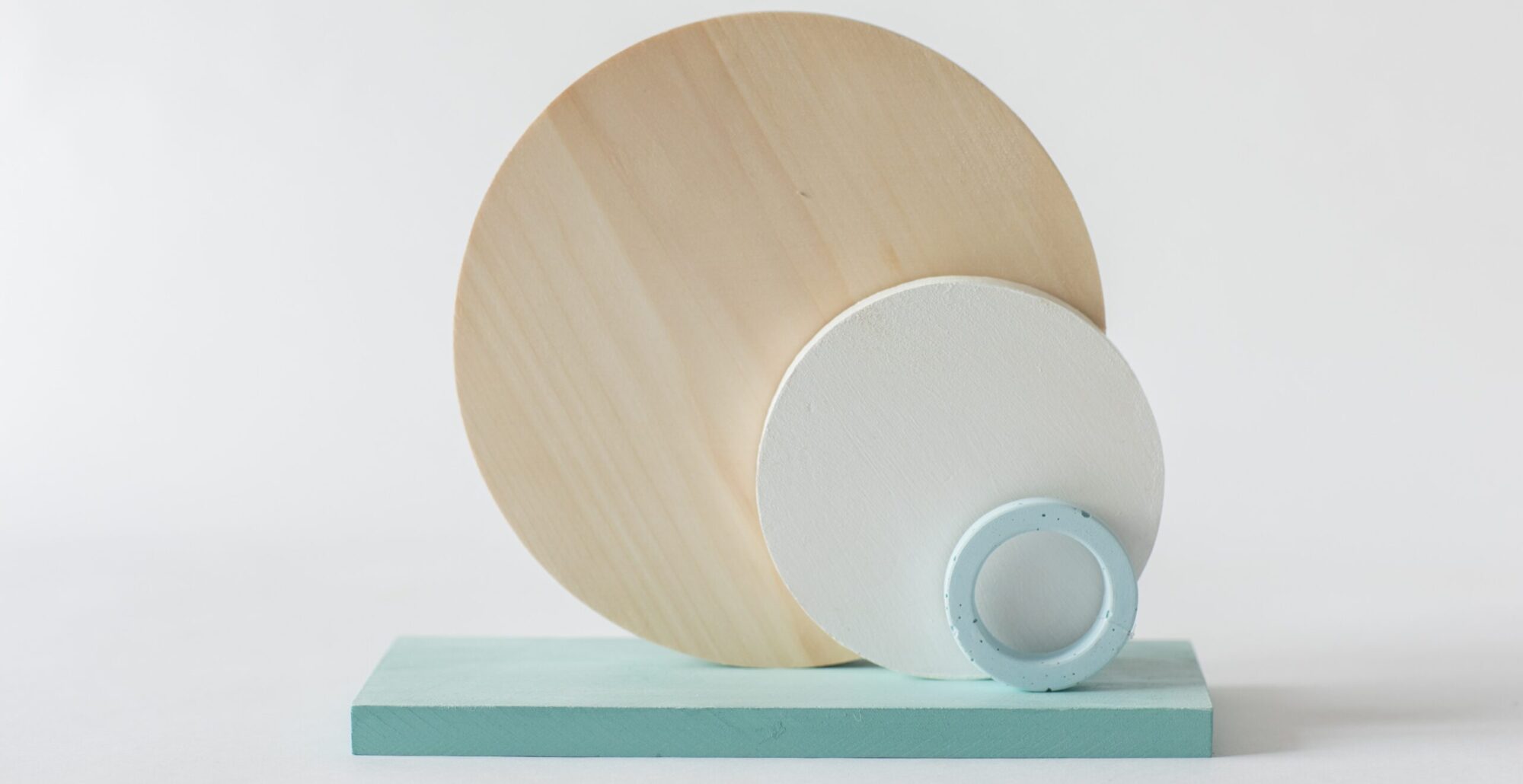“Keep enough cash in short term or liquid instruments and invest the rest”
As the name implies, it is important to have some cash stash away as reserves to take care of expenses, in the event one loses a job and cannot work for a certain period due to any reasons.
How many months of reserves should one keep depends on one’s profession and the industry the person is in. For stable jobs, perhaps 6 months of reserves suffice. For jobs in industries that are subject to boom and bust (like technology), one may decide to keep a year or more of reserves.
In Tri-O Retirement Plan methodology, we propose to keep at least 6 months of monthly salary instead of 6 months of expenses as reserves. The logic is this. Even when the RESERVES “O” is activated, we propose that the monthly contribution to the INVESTMENT “O” continues. In our Investment section, we will discuss investment using Regular Saving Plan (RSP) and it is important that RSP continues even in trying situations.
The cash in RESERVES “O” should be kept in short term or liquid investments like fixed deposits or money market funds. We do not really know when the cash need to be used and hence some level of flexibility is required.
TRI-O RETIREMENT PLAN is a simple way to help you get started on your retirement planning. Learn the FUNDAMENTALS and HOW TO GET STARTED. There is also a spreadsheet to help you CALCULATE your monthly savings and your project monthly income at retirement. You can check out our BLOGS on topics pertaining to retirement planning. Feel free to CONTACT US if you have any questions or comments.
